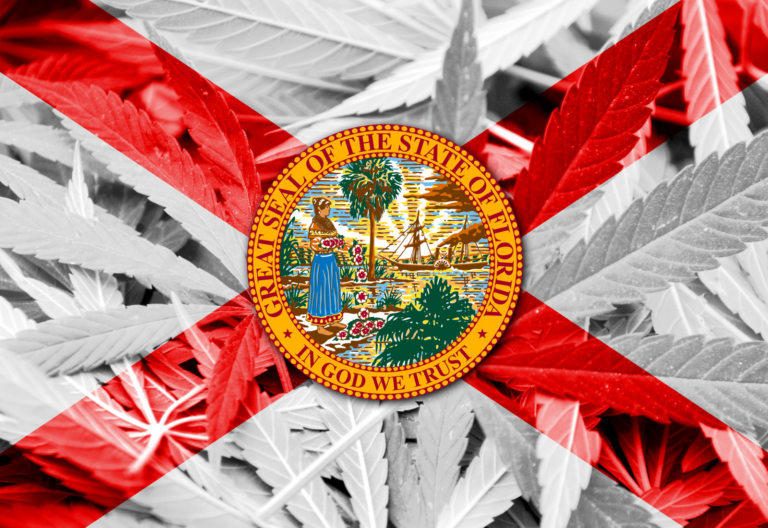
California “Burner Licenses” Continue to Plague
California has no shortage of issues with its legalized cannabis marketplace. For a couple of years now, an open secret in California (and a cautionary tale for other states) is the concept of “burner licenses“. These are licenses issued to a company by the Department of Cannabis Control (“DCC”) that are used to conduct illegal,


















